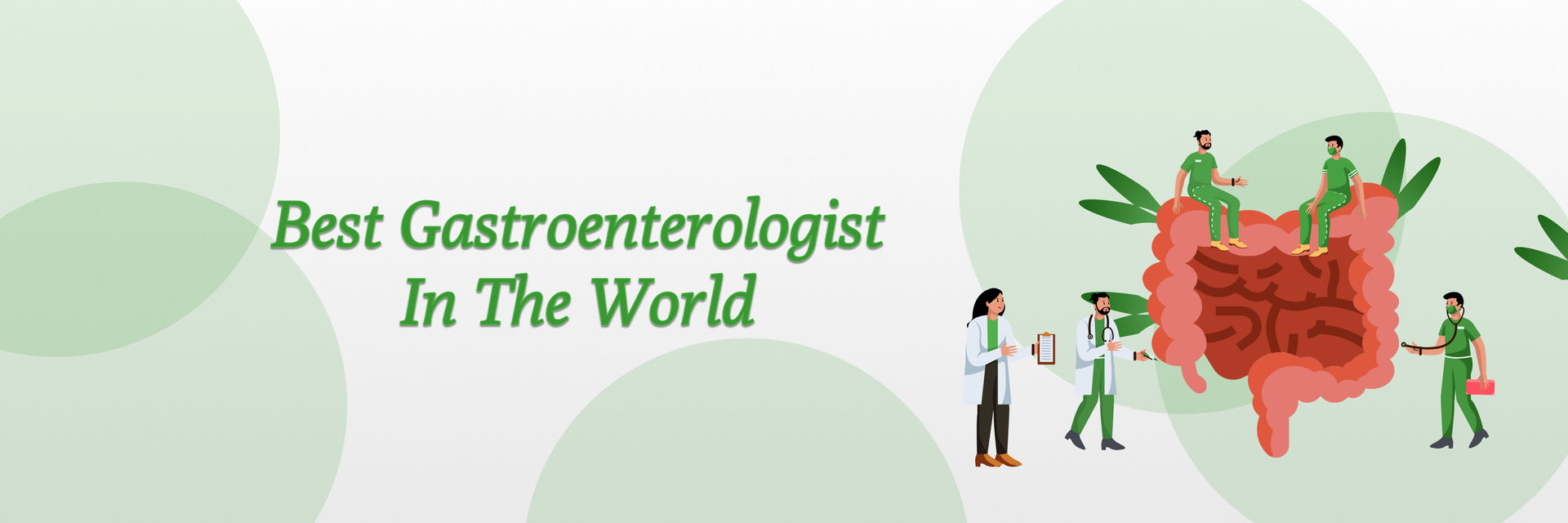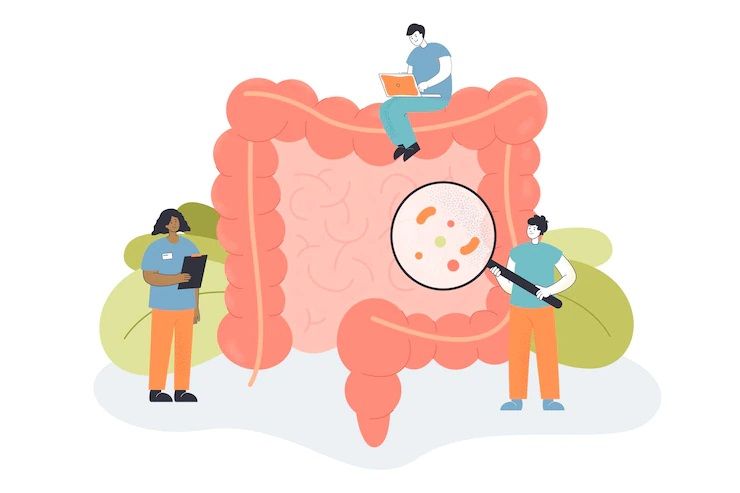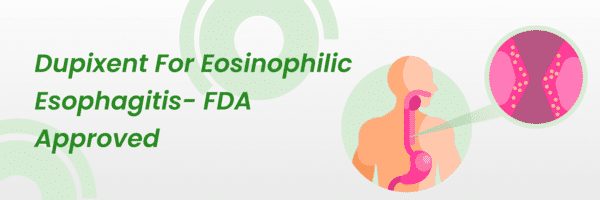Overview
Gallbladder surgery, also known as cholecystectomy, involves removing the gallbladder, a small organ that stores bile produced by the liver. During pregnancy, hormonal changes can increase the risk of gallstones, leading to pain and complications that may require surgical intervention. Performing gallbladder surgery during pregnancy is generally safe, particularly in the second trimester when it poses the least risk to both mother and baby. Minimally invasive laparoscopic surgery is the preferred method as it involves smaller incisions and quicker recovery times. Successful gallbladder surgery can relieve symptoms and prevent further complications, allowing for a healthier and more comfortable pregnancy.
You may need gallbladder surgery if you have:
• Gallstones or inflammation of the gallbladder (cholecystitis)
• Biliary dyskinesia - a condition in which the gallbladder does not empty properly
• Gallbladder tumor
• Infection or blockage of the bile ducts
The prevalence of gallbladder disease during pregnancy varies depending on factors such as genetics, diet, and overall health.
Did you know?
In the largest US trial to date, 6,390 pregnant women hospitalized for acute cholecystitis between January 2010 and September 2015 were the subject of analysis. Researchers found that for women with cholecystitis during pregnancy, it's better to fix it while she's still pregnant instead of post-delivery.
The study revealed that:
The maternal-fetal problems examined included a combination of:
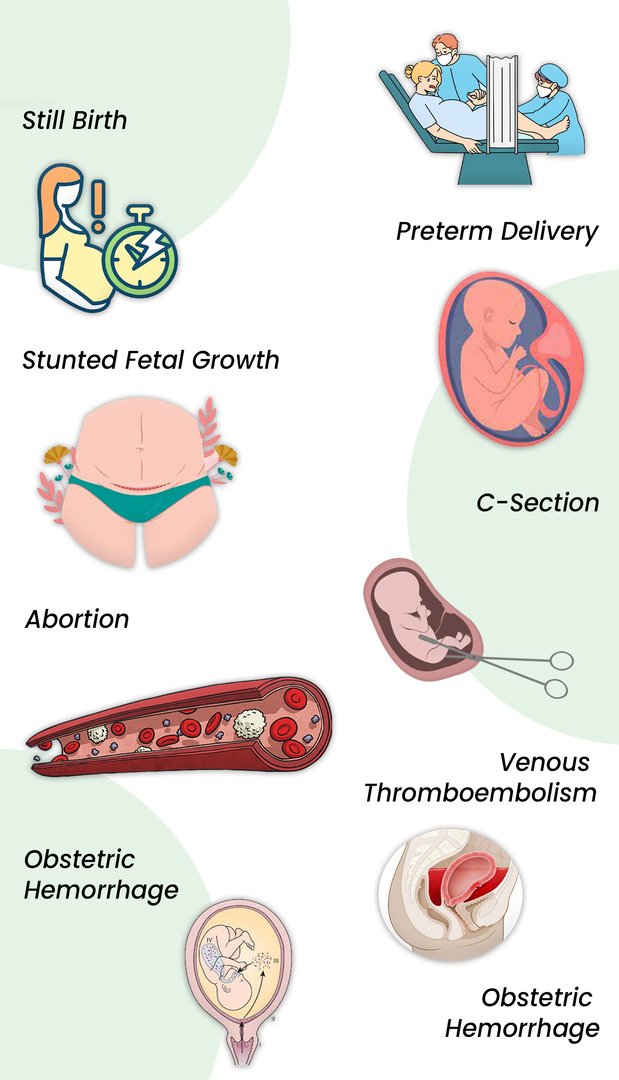
"Understandably, gallbladder surgery during pregnancy can be concerning. However, laparoscopic cholecystectomy is usually safe and effective, especially in the second trimester. This approach helps relieve symptoms and prevent complications, ensuring a healthier pregnancy for both mother and baby." - Dr. Samrat Jankar, a renowned Gastroenterologist.
Can gallbladder surgery affect pregnancy?

Yes, gallbladder surgery can be performed during pregnancy if it is necessary and recommended by your doctor.
The decision to undergo surgery depends on factors such as the severity of the gallbladder condition, the stage of pregnancy, and the potential risks to both the mother and fetus.
In most cases, laparoscopic cholecystectomy, a minimally invasive surgical procedure, is the preferred option for pregnant women with symptomatic gallstones. This procedure has been deemed safe for both the mother and fetus by the Society of American Gastrointestinal and Endoscopic Surgeons, as per their operative guidelines.
Your doctor will conduct a thorough evaluation of the risks and benefits before proceeding with surgery. They will consider your medical history and the current status of your pregnancy, working closely with a multidisciplinary team to ensure the best possible outcome for both you and your baby.
Please Note- It is essential to have open and honest discussions with your doctor to fully understand the risks, benefits, and alternatives to gallbladder surgery during pregnancy. They will guide you through the decision-making process and provide personalized care to ensure the safety and well-being of you and your baby.
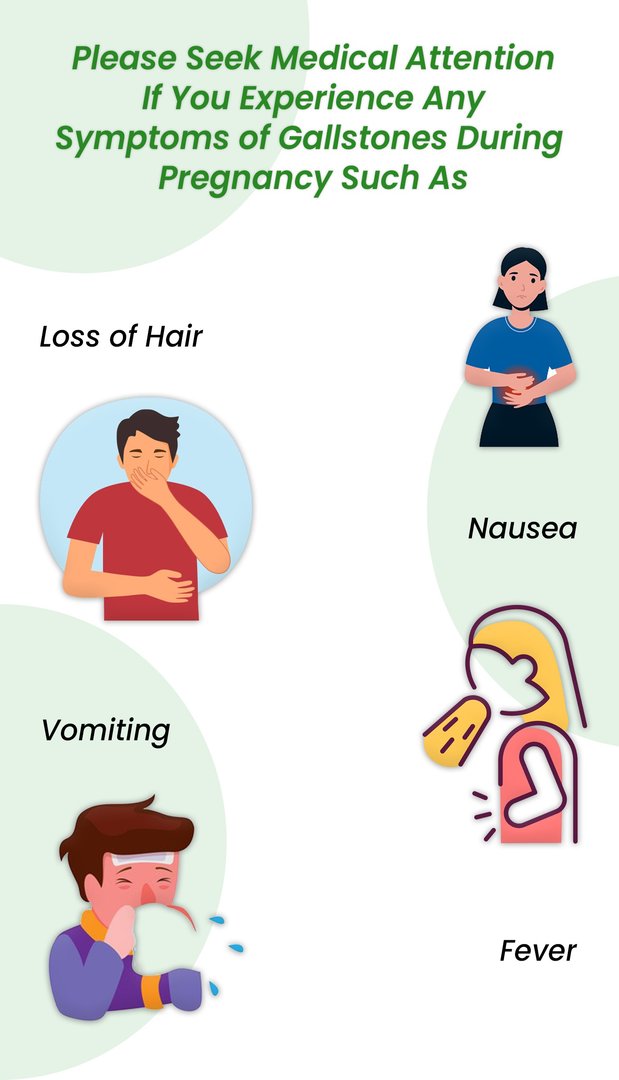
If you face any such issues, connect with the best gastroenterologist in India and get the best treatment for your gallbladder-related issues during pregnancy. Your health is too important to ignore
Let’s find out the risks and incidence of gallstones in pregnant women.
What are the chances of having gallstones during pregnancy?

The incidence of gallstones during pregnancy varies depending on the population studied. However, it is estimated that between 1-4% of pregnant women may develop gallstones.
The risk of developing gallstones during pregnancy is higher in certain populations, such as:
- Women who are overweight or obese before pregnancy
- Women with a family history of gallstones
- Women who have had multiple pregnancies
Studies have found that the incidence of gallstones during pregnancy was:
- Approximately 7.5% of obese women, compared to 2.8% of non-obese women.
- Approximately 3.2% among Hispanic women and 2.3% among non-Hispanic white women.
What are the treatment options for gallstones during pregnancy?

Gallstones during pregnancy can be treated in a variety of ways, depending on the individual case. The treatment options include:
Observation: If the gallstones are small and not causing symptoms, the doctor may recommend observation and close monitoring of the pregnancy.
Medication: Medications such as ursodeoxycholic acid can be used to dissolve small gallstones.
In some cases, a surgical procedure may be required to have your gallbladder removed while pregnant.
Want to inquire about personalized treatment expenses? Don't hesitate. Talk to us today.
Are you or someone you know pregnant and facing gallbladder surgery? Don’t worry. This guide will provide valuable information and support.
Gallbladder Surgery Procedure
I. Preparing for Gallbladder Surgery during Pregnancy
Preparing for gallbladder surgery during pregnancy can be complex and it's important to work closely with your healthcare provider to ensure the best outcome for both you and your baby. Here are a few steps you can take to prepare for the surgery:
Get informed | Learn as much as you can about the surgery and its potential risks and benefits for you and your baby. Ask your surgeon and obstetrician any questions you may have. |
Discuss timing | Talk to your healthcare provider about the best time to schedule the surgery. The ideal time will depend on how far along you are in your pregnancy and the risks of delaying the surgery. |
Make a birth plan | If you're close to your due date, you may want to consider a planned cesarean section (C-section) or induction of labor so that you can deliver your baby before the surgery. |
Arrange for support | You may need help with childcare, transportation, and other responsibilities after the surgery. It's a good idea to have a support system in place before your surgery. |
Get your affairs in order | Make sure you have all your important documents, such as your insurance card, in one place. |
Follow pre-surgery instructions | You may be asked to stop taking certain medications, fast or change your diet, or stop smoking or drinking alcohol before your surgery. Follow all instructions carefully. |
Discuss Anesthesia options | Make sure you have a thorough discussion with your anesthesiologist about the anesthesia options available, and the risks and benefits of each option for you and your baby. |
Remember that every pregnancy is different and your healthcare provider will make recommendations based on your specific circumstances.
It's important to follow their advice and not hesitate to ask any questions or express any concerns you may have.
II. Gallbladder surgery
Gallbladder surgery can be performed in two ways: open surgery, which involves making a large incision in your abdomen, or laparoscopic surgery, which uses several small ports or incisions and a camera to view the inside of the abdomen.
| The patient is given general anesthesia before the surgery | |
| During the open surgery, a large incision is made in the abdomen and the gallbladder is removed through the incision. | |
| During the laparoscopic surgery, several small incisions are made in the abdomen and a camera is guided through one of the incisions to view the inside of the abdomen. The gallbladder is then removed through one of the other incisions. | |
| The incisions are closed with sutures or staples, and a bandage is applied. |
After the surgery, bile will flow directly from the liver into the small intestine, rather than being stored in the gallbladder.
Recovery time after the surgery can take from several days to a couple of weeks, and patients are typically able to return to their normal activities within a few weeks.
Read on to understand how you can make your recovery as smooth as possible.
Understanding the Recovery Process
Here are a few tips to help with recovery after gallbladder surgery:
| Follow your surgeon's instructions for care of the incision site. This may include keeping the area clean and dry, and changing dressings as directed. | |
| Take any medications prescribed by your surgeon to manage pain, as directed. | |
| Get plenty of rest to allow your body to heal. Gradually increase your activity level as you feel able. | |
| Eat a healthy and well-balanced diet to help your body heal. Avoid high-fat foods for a while after the surgery. | |
| Drink plenty of water to help prevent constipation. | |
| Avoid smoking and limit alcohol consumption. | |
| Gradually return to your normal activities as you feel able, but avoid heavy lifting and strenuous activity for several weeks after the surgery. | |
| Follow up with your surgeon as directed to ensure your recovery is progressing as expected. |
It is important to note that every person's recovery is unique, and the advice above is general, so it is always best to follow the specific instructions of your surgeon.
Let's continue reading to understand the benefits and risks of undergoing cholecystectomy while pregnant.
Risks of undergoing cholecystectomy while pregnant
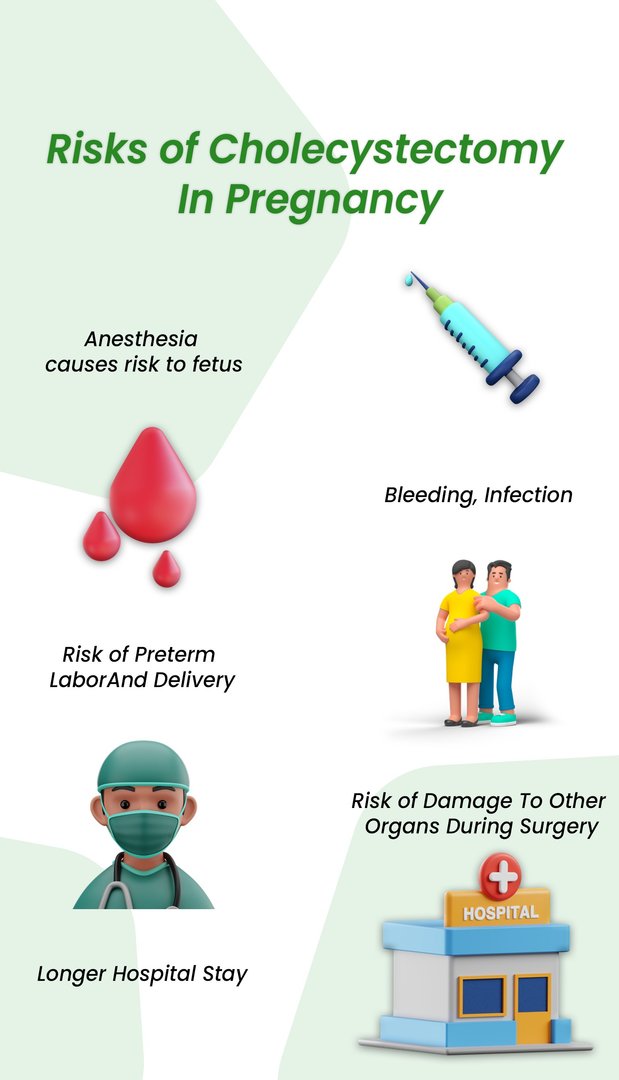
Benefits of undergoing cholecystectomy while pregnant
- Relief of symptoms caused by gallstones, such as abdominal pain and nausea
- Preventing potential complications of gallstones during pregnancy, such as infection, jaundice, and pancreatitis
- Avoiding the need for medication that may be harmful to the developing fetus
- Improving the overall health and well-being of the mother can benefit the pregnancy and the baby
It is important to note that each case is unique, and the decision to undergo surgery during pregnancy should be carefully evaluated by the mother and her healthcare provider.
Be aware of potential complications such as infection, bleeding, and bile leakage, and contact your surgeon if you experience any pain.
Dr. Ila Dayananda, Chief Medical Officer of Oula Health has stated here thoughts about the gallbladder surgery below -
If you can, it’s recommended to undergo gallbladder surgery, also known as a cholecystectomy, before becoming pregnant. If this is your only option, however, there are safe ways to undergo a cholecystectomy while pregnant, such as a laparoscopic cholecystectomy, which is known to be less invasive. Like most surgeries, a cholecystectomy requires a healing and resting period, and has the potential to affect the mother’s energy levels or physical abilities.

If you need further information, please do not hesitate to reach out. We are here to help!
FAQs

Q1. How does pregnancy affect the risk of developing gallstones?
Answer: Pregnancy increases the risk of developing gallstones due to hormonal changes and the increased pressure on the gallbladder from the growing uterus.
Q2. Is it safe to have gallbladder surgery during the third trimester of pregnancy?
Answer: While it is possible to have gallbladder surgery during the third trimester, it is generally not recommended due to the increased risk of complications.
Q3. Can gallbladder surgery affect future pregnancies?
Answer: Gallbladder surgery does not affect future pregnancies or the ability to conceive.
Q4. How is gallbladder surgery performed during pregnancy?
Answer: Gallbladder surgery during pregnancy is typically done using a laparoscopic approach, which involves making small incisions in the abdomen.
Q5. What are the symptoms of gallbladder issues during pregnancy?
Answer: Symptoms of gallbladder issues during pregnancy can include abdominal pain, nausea, vomiting, and fever.
Q6. Are there any dietary changes that can help prevent gallbladder issues during pregnancy?
Answer: Eating a healthy, low-fat diet during pregnancy may help prevent gallbladder issues. Avoiding high-fat, spicy, or fried foods may also be beneficial.
Q7. How long does it take to recover from gallbladder surgery during pregnancy?
Answer: Recovery from gallbladder surgery during pregnancy typically takes 1-2 weeks, but it can vary depending on the individual and the type of surgery performed.
Q8. Can gallbladder issues cause complications during delivery?
Answer: In rare cases, gallbladder issues such as gallstones or infections can cause complications during delivery, such as preterm labor or infections in the uterus.
References:

